Dan Steinbock, Founder, Difference Group
Jul 12, 2023
Even as the whistleblower Daniel Ellsberg of the Pentagon Papers passed away, his second secret remains hushed.
Luo Liang, Assistant Research Fellow, National Institute for South China Sea Studies
Jul 06, 2023
The arms trade market has always been an indicator of the international security situation, and various acquisitions are now clouding the future of the Asia-Pacific region. Several countries are currently engaged in the most significant arms race since World War II.

Li Zheng, Assistant Research Processor, China Institutes of Contemporary International Relations
Apr 28, 2023
Artificial intelligence may transform human society for the better by releasing people from repetitive work and improving the speed of innovation. But no one is immune from its potential negative social impacts and security threats. Some worry about becoming its victims.
Dong Chunling, Deputy Director, Office of the Center for the Study of a Holistic View of National Security, CICIR
May 10, 2022
The concept, introduced by President Xi Jinping, can inform China-U.S. cooperation. The two countries need to seek their common security — and that of the world — by evolving and developing together.
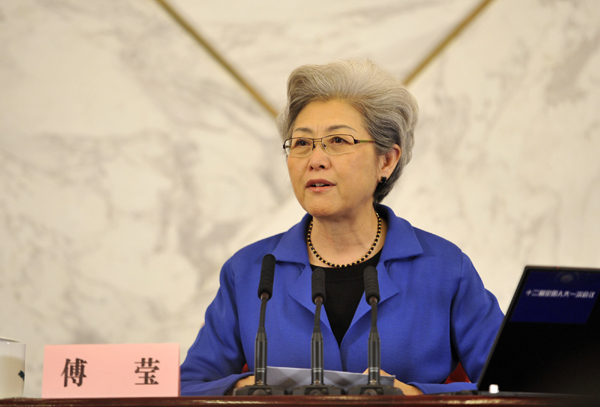
Fu Ying, Founding Chair of Center for International Security and Strategy, Tsinghua University; China's former Vice Minister of Foreign Affairs
Jun 11, 2018
For a successful summit, both sides need to put themselves in the other's shoes.
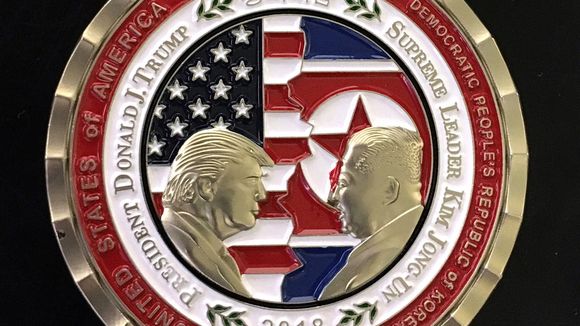
Yoon Young-kwan, Professor Emeritus of International Relations, Seoul National University
Jun 11, 2018
The US must address the root causes of the North Korean problem – its security paranoia – to make a successful nuclear deal.
Jan 17, 2018
A former C.I.A. officer suspected by investigators of helping China dismantle United States spying operations and identify informants has been arrested.
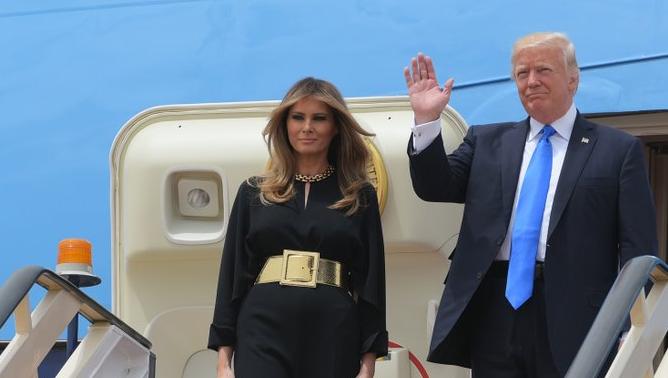
Zhao Weibin, Researcher, PLA Academy of Military Science
Nov 02, 2017
Here’s what China and the US should do to move their relationship forward.
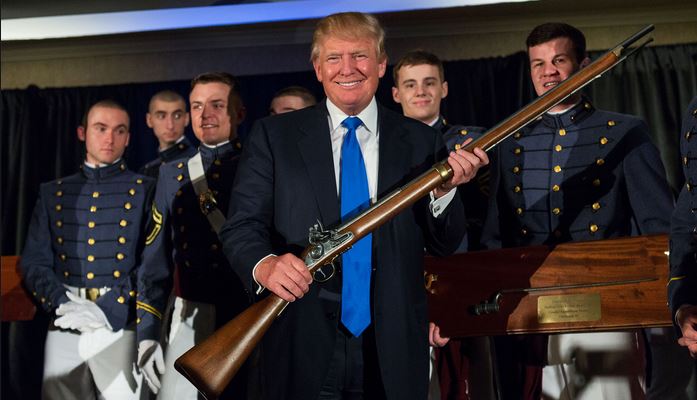
Tian Feilong, Associate Professor, the Law School of Beihang University
Oct 09, 2017
With the recent shooting in Las Vegas, the debate over gun ownership and gun control in the US has been reactivated, but people are no longer hopeful that any change can come from it. Why?
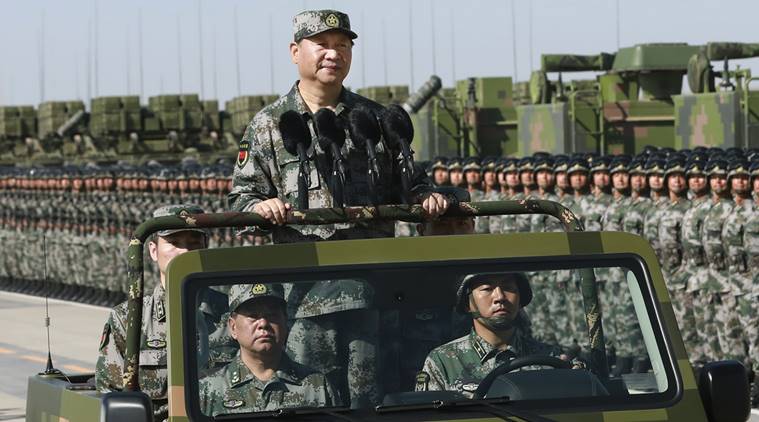
Brahma Chellaney, Professor, Center for Policy Research
Oct 04, 2017
Given the rising prominence and influence of the People’s Liberation Army (PLA), Chinese President Xi Jinping is endeavoring to maintain a delicate balance between civil and military authority. His failure to reign in the increasingly assertive armed forces could have a significant and far-reaching impact on international relations and security.